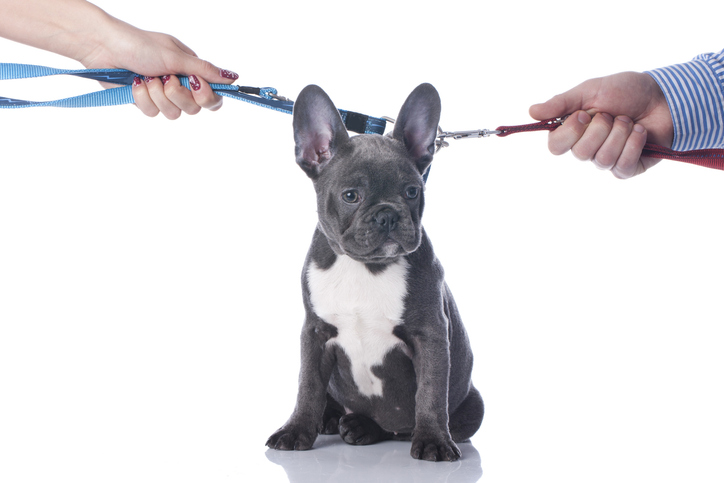
During the COVID-19 pandemic, many homes added some furry friends including dogs, cats and other pets to their families. The country was again reminded of the significant role a pet can play in a household. Families often grow more attached to their pets than any of the possessions that they have. Many objects can have sentimental value, but the sentimental value of a pet is often invaluable.
And so what happens to these pets when a family is separated through a divorce? Despite the special place that pets often maintain in our families, there are no special laws that determine what happens to them in the case of divorce. The law in New Jersey handles pets just as it would any ordinary asset, like a stamp collection or coffee table. If left up to a judge, the court will be guided by our equitable distribution laws and try to make the best placement for a pet that it can. Only recently have courts recognized the significant role that pets have in today’s society and have given them due consideration when figuring out the right party to place the pet. There is normally a great deal of uncertainty when relying on the court system when determining issues involved in a divorce. Furthermore, divorce matters can last years, which causes a significant delay when placing a pet. We previously wrote on this subject and made the suggestion then that parties enter into a “Pet-Nuptial” before marrying so that it is clear which party would retain the pet if there was a divorce. See that article here: https://www.njlawfirm.com/blogs/family-law/2020-09-28-the-dog-is-mine-or-is-it.
Most people are surprised to find that a pet is treated just as an ordinary asset. Similar to children, most believe that a “best interests” standard is applied to pets. That standard is typically the one applied to determine which parent will have custody of children. However, no such standard is in place for determining which parent may get custody of a pet.
Like most issues to a divorce, most divorcing couples would be wise to work out an arrangement for how a pet will be cared for after a divorce. Oftentimes, parties can agree upon out a visitation or “parenting time” schedule that allows both parties to care for the pet according to their availability. These schedules can be just as detailed as parenting time plans for children and can include vacations and holidays. The parties may also agree as to how certain expenses, like veterinary bills and grooming costs, will be shared. The terms of the settlement would be included in any written settlement agreement that they ultimately prepare. If possible, settling your pet issues is far more advantageous to everyone involved as opposed to leaving the issue up to the court.
Navigating issues like pet placements and other issues involving equitable distribution rights can be difficult. If you have questions about the way your assets will be distributed in your divorce, contact the experienced family law attorneys at Cohn Lifland Pearlman Herrmann & Knopf LLP.
